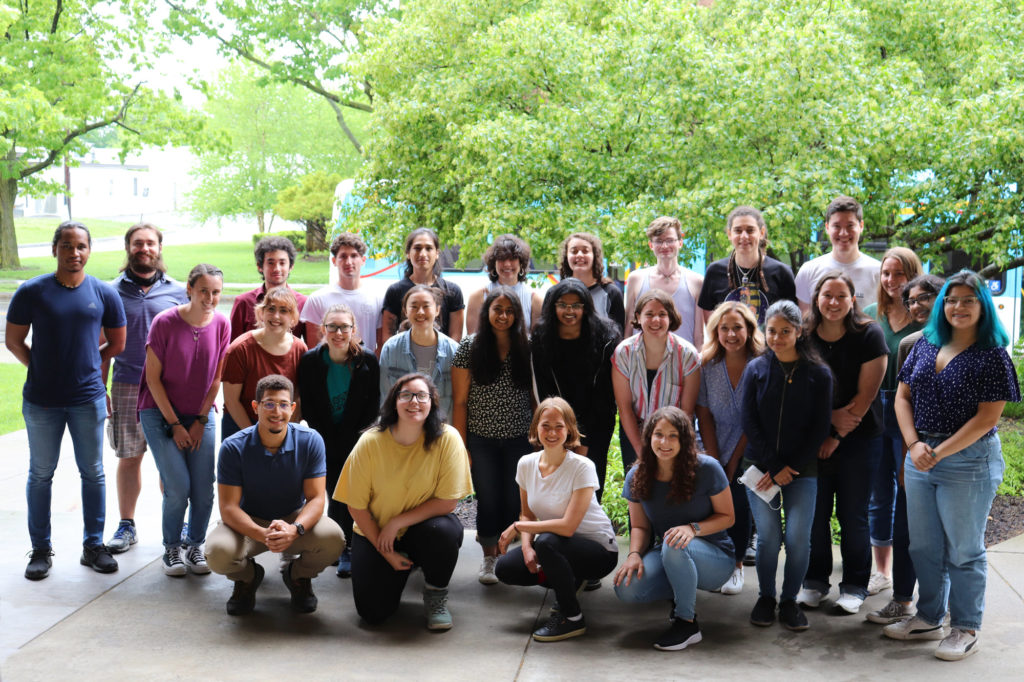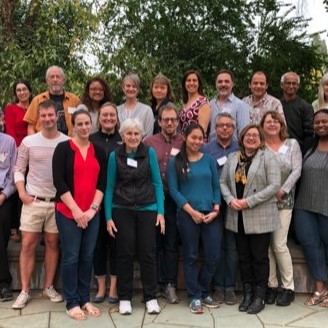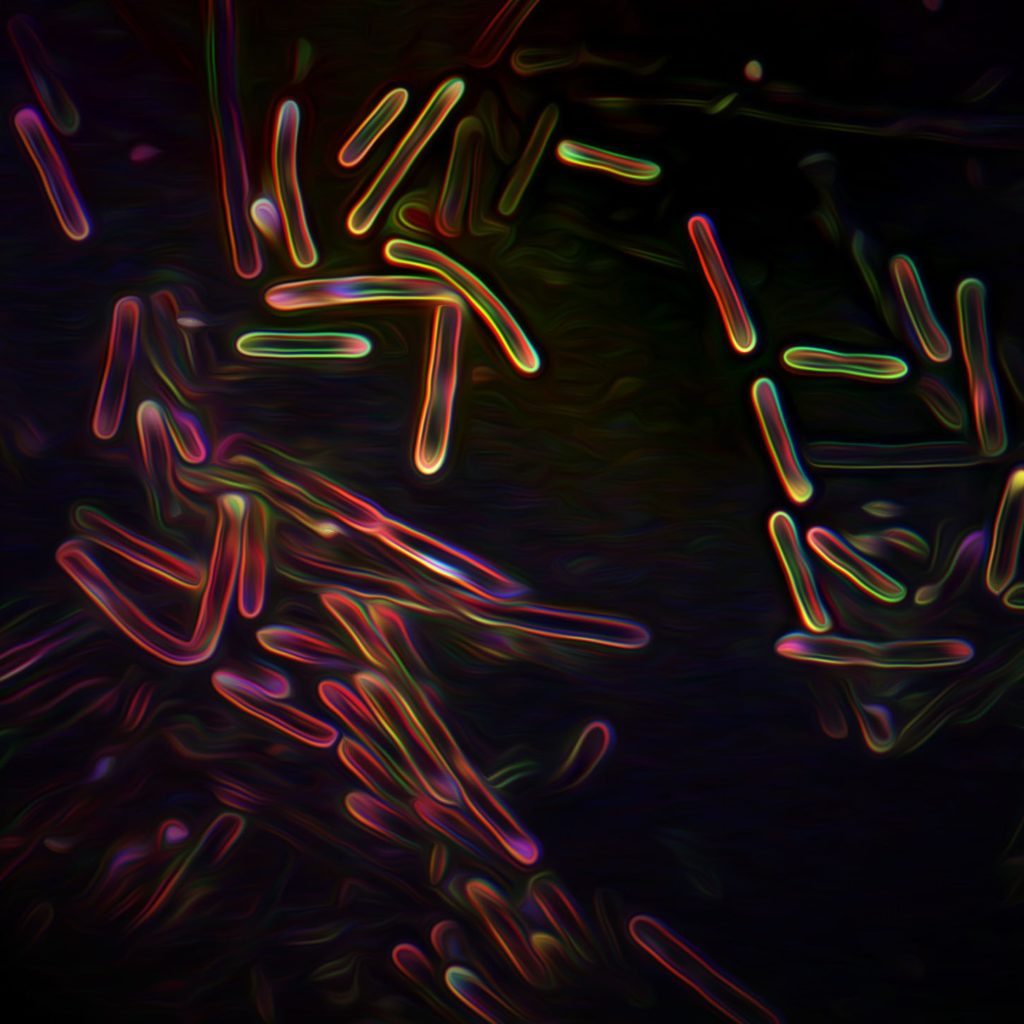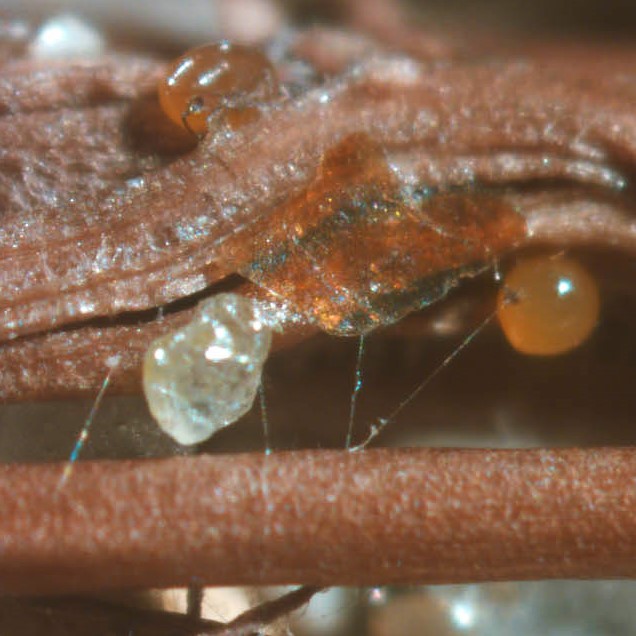NSF Launches $25 Million Digital Biology Center
The National Science Foundation (NSF) awarded $25 million over five years to four participating institutions to create the Center for Research on Programmable Plant Systems (CROPPS), which will develop new methods for observing, recording and modulating plant...
Alliance for Science Receives Grant for Gene Editing Communications
The Alliance for Science, a global communications initiative led by BTI Professor Sarah Evanega, received a $189,794 grant from the Foundation for Food & Agriculture Research (FFAR) to better inform the public about how research using gene editing tools can...
Alex Ogbonna Wins Borlaug Scholar Award from NAPB
Boyce Thompson Institute is proud to congratulate Alex Ogbonna for receiving a 2021 Borlaug Scholar Award from the National Association of Plant Breeders (NAPB). Ogbonna is a Cornell University graduate student in Lukas Mueller’s lab at BTI, where he works to...
Sarah Evanega Joins BTI Faculty
Boyce Thompson Institute is pleased to welcome Professor Sarah Evanega as the newest addition to our faculty. Sarah is a science communicator whose research and outreach efforts focus on the nexus of plant science and society, and strive to ensure that plant...
BTI Welcomes Summer Student Interns
On June 1, Boyce Thompson Institute welcomed 28 of the country’s brightest undergraduate students from universities around the country to experience the life of a researcher for 10 weeks. Seven more interns from local area high schools will join the Institute for...
New Guide for Plant Scientists to Reenvision Outreach
Advances in plant science are becoming increasingly important to feed the world while minimizing harm to the environment, but there aren’t enough students interested in the field to keep up with the need. To combat this trend, a group of 30 scientists have...
New Cyanobacteria Species Spotlights Early Life
Cyanobacteria are one of the unsung heroes of life on Earth. They first evolved to perform photosynthesis about 2.4 billion years ago, pumping tons of oxygen into the atmosphere – a period known as the Great Oxygenation Event – which enabled the evolution of...
Sarah Evanega Wins Borlaug CAST Communication Award
BTI adjunct faculty member Sarah Evanega has been awarded the coveted Borlaug CAST Communication Award. Evanega is the founding director of the Cornell Alliance for Science, a global communications effort that promotes evidence-informed decision-making across a...
Fungi could manipulate bacteria to enrich soil with nutrients
A team of researchers from the Boyce Thompson Institute (BTI) has discovered a distinct group of bacteria that may help fungi and plants acquire soil nutrients. The findings could point the way to cost-effective and eco-friendly methods of enriching soil and...
Gene discovery may help peaches tolerate climate stress
A BTI-led team has identified genes enabling peaches and their wild relatives to tolerate stressful conditions – findings that could help the domesticated peach adapt to climate change. The study, co-led by Boyce Thompson Institute faculty member Zhangjun Fei,...












